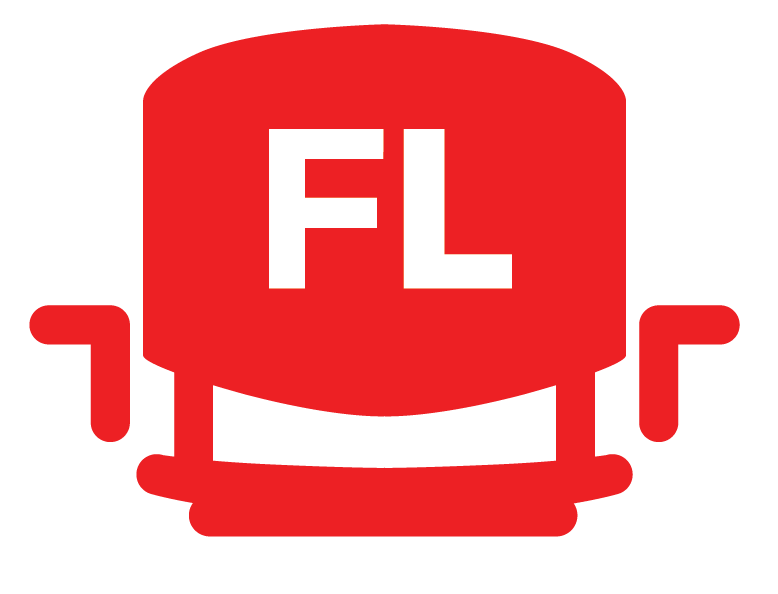REQUEST TICKETS
MAKE A REQUEST
We have access to most matchday experiences upon request.
Make a request for Bayern Munich hospitality via the contact form and we'll try to sort you out!
Contact Us
Bayern Munich Matchday Experiences
FC Bayern Munich host a variety of hospitality experiences. You can check out whats on offer below. You can make a request for any Bayern matchday experience via our Contact form and we'll do our best to sort it for you!
Säbener Lounge
The Säbener Lounge is a sporty and lively place, characterised by elegant design and cutting-edge facilities with the presence of a show kitchen and a high-definition LED wall, elevating it into a unique gourmet & entertainment experience.
Seats are reserved in the East Stand, specifically in Block 120, falling under Category 1.
Foyer
The exclusive Foyer, situated on the 5th floor of the skybox, offers an ideal setting for up to 100 guests to enjoy a Bayern game in a truly unique atmosphere.
The package includes guaranteed table reservations, comprehensive catering and beverages and amazing seats reserved at the halfway line.
Franz Beckenbauer Lounge
Enjoy live music at the Franz Beckenbauer Lounge, situated on the 3rd level. We are delighted to provide you with this opportunity during specific Bundesliga fixtures.
The package includes reserved tables, a tasty catering menu and drinks & great reserved seating in the central upper tier of the north section.
FAQs
Secure your seat!
Book online
Our hospitality and VIP tickets are available to buy securely online at any time, day or night. Book now to secure your place.
Receive your tickets
All tickets are delivered as e-tickets, as such, there is no added fee for delivery!
Head to the game
Skip the queues, head to the game up to 3 hours before kick off to soak up the atmosphere and enjoy the food & drink.
Enjoy the match!
Don't forget to take your seat and enjoy the match!
History of FC Bayern Munich
Bayern Munich was founded on February 27, 1900, when a group of 11 footballers, led by Franz John, broke away from another club, MTV 1879, after a dispute over football’s future at the organization. The newly formed Bayern Munich quickly began to establish itself locally. In the early 1900s, football in Germany was still in its infancy, and Bayern competed in regional leagues. The club’s early successes came in the Munich and Bavarian leagues, and by 1910-11, Bayern won its first title, the East Bavarian Championship.
World War I slowed the progress of many clubs, including Bayern, but after the war, the club began to grow. During the 1920s, Bayern Munich became one of the most successful teams in southern Germany. In 1926, Bayern won the South German Championship, marking a significant step toward national prominence. This success was followed by winning their first national title in 1932, when they defeated Eintracht Frankfurt 2-0 in the German Championship final, under the management of coach Richard Dombi.
However, the rise of the Nazi regime in 1933 brought about significant changes for Bayern. The club was branded a “Jewish club” because its president, Kurt Landauer, and many of its members were Jewish. Landauer was forced to resign, and many Jewish members left the club. Bayern struggled both financially and competitively during the Nazi era, and it wasn’t until after World War II that the club could rebuild itself.
The 1950s were a time of instability, and although Bayern won the DFB-Pokal (German Cup) in 1957, they were not included among the original 16 teams when the Bundesliga was formed in 1963. Despite the challenges, Bayern Munich’s history in the early 20th century laid the foundation for the later growth and success that would follow in the 1960s and beyond.
The 1980s saw Bayern continue their domestic dominance, winning multiple Bundesliga titles. However, it wasn’t until the late 1990s and early 2000s that the club experienced another golden era, winning the Champions League in 2001 under Ottmar Hitzfeld. The 21st century has seen Bayern Munich rise to become one of the world’s wealthiest and most successful clubs, consistently dominating German football and winning numerous Bundesliga titles. Under coach Jupp Heynckes, the club won an unprecedented treble in 2013, including the Bundesliga, DFB-Pokal, and Champions League.
This success was mirrored in 2020, under coach Hansi Flick, when Bayern won their second treble and added the UEFA Super Cup and FIFA Club World Cup, completing a sextuple. The club has produced or attracted world-class talents like Arjen Robben, Franck Ribéry, Philipp Lahm, Manuel Neuer, and Robert Lewandowski, establishing themselves as a powerhouse both in Germany and across Europe. With a commitment to youth development, solid financial management, and consistent on-field success, Bayern Munich remains one of the world’s elite football clubs.



